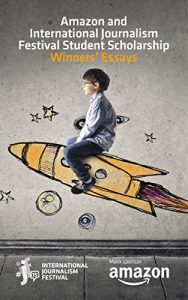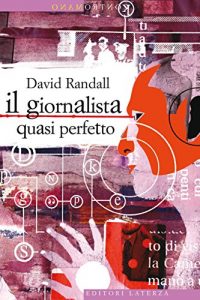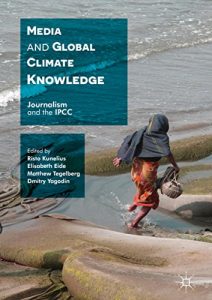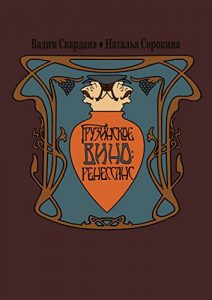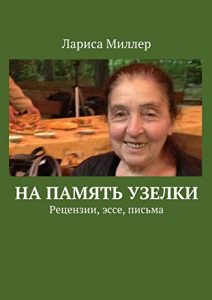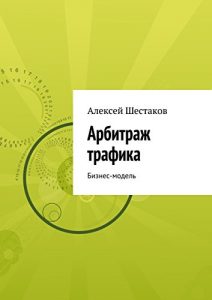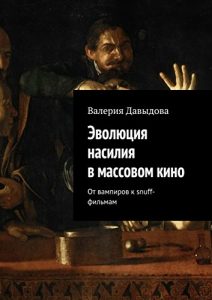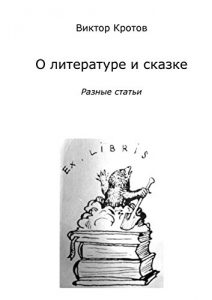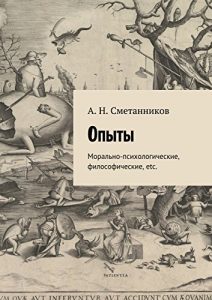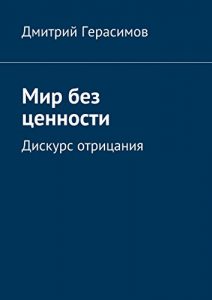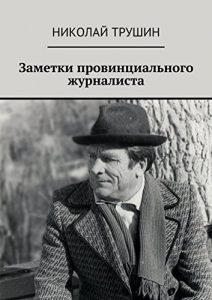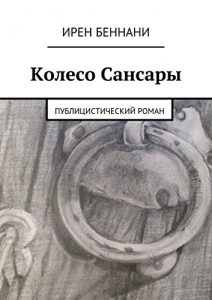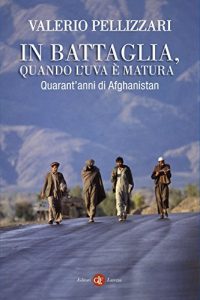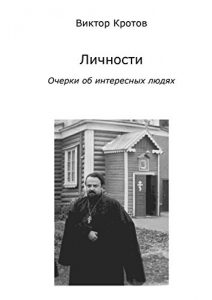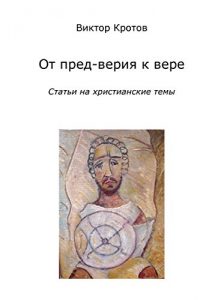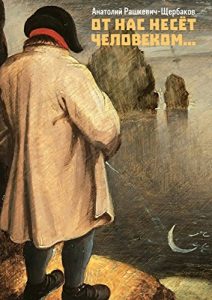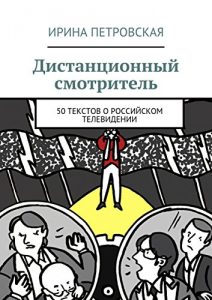I 99eBooks è una directory di eBook. Cerchiamo e classificato intorno alle eBooks Web per te!
Tutti i diritti riservati. I libri e libri elettronici sono di proprietà dei rispettivi proprietari.
Amazon and International Journalism Festival Student Scholarship – Winners’ Essays: The original essays wrote by the five European winners out of 600 of … with English translation. (English Edition)
In 2015 the International Journalism Festival announced that Amazon was returning as the major sponsor. As part of its sponsorship, Amazon introduced the International Journalism Festival Writing Prize for Students in Europe, in collaboration with four prestigious European newspapers – La Stampa, El Pais, DWDL.de and The Guardian. More than 600 essays from students between 18 and 25 years of age participated in the contest, each one of them writing a 2,000-word essay answering the question “What is the future of journalism?”
The five winning students are: Francesca Candioli from Italy, Arièle Bonte from France, Theresa Lindlahr from Germany, Leticia Díaz from Spain, and Rebecca Sian Wyde from the United Kingdom. Amazon will sponsor all five students to attend the festival throughout the whole week of the event.
The five winners will participate in the festival panel discussion titled “On the Readers' Side: the Future of Journalism as Seen by European Students” on 17th April. The panel discussion will by moderated by Mario Calabresi, Editor in Chief of La Stampa, and Russ Grandinetti, Senior Vice President for Kindle Content.
In addition, the contest’s media sponsors – La Stampa, El Pais, DWDL.de and The Guardian – will publish the winning essay during the week of the International Journalism Festival (April 15th-19th). The festival is using Kindle Direct Publishing to publishing a selection of the essays as an eBook that will be available in the Kindle Store starting in May.
"We saw tremendous response from students across Europe to our first International Journalism Festival Scholarship contest,” said Russ Grandinetti, Senior Vice President Kindle. “We are honored to give these five winning talented students the opportunity to attend and enrich the discussion at the festival. I’m looking forward to being part of what I think will be an interesting discussion of their ideas on future of journalism.”
About The Student Winners
The Italian winner is Francesca Candioli who is in her last year studying international cooperation, development and human rights at the University of Bologna. In her essay, Francesca explains her belief that the future of Journalism will be a mix between leveraging new technologies and being credible in helping the reader to recognize the most relevant and truthful content in a large flow of information.
The French winner is Arièle Bonte, a graduate journalism student at Sciences Po in Paris. Arièle imagines the future of journalism based new technologies, where consumers could become new players in the world of information. New technologies will have the role of reducing distances and increasing the speed and the quantity of news while the words themselves will help people to maintain a free and autonomous opinion.
The contest’s winner in Spain, Leticia Díaz, explains that there are no passive readers anymore. “People want to be listened to and play an active role in the journalists' work,” she writes. Leticia has her degree in journalism from the University of La Laguna (Canary Islands) and is currently studying law at Universidad Nacional de Educación a Distancia.
The essay of the German winner, Theresa Lindlahr, reflects on the fundamental change that journalism experienced as a result of technology, questions the gains this produced, and examines the importance of the media as a key power of democracy. In addition to being a student of Literature, Arts and Media at Konstanz University, Theresa is also member of the European Youth Parliament.
In the United Kingdom, Rebecca Sian Wyde, student at the University of Durham, imagines a journalistic future based on transparency, creativity and inclusivity. These three qualities, according to Rebecca, will represent the future of journalism, and assure that this profession will carry on bearing the same proud name it always has.
The five winning students are: Francesca Candioli from Italy, Arièle Bonte from France, Theresa Lindlahr from Germany, Leticia Díaz from Spain, and Rebecca Sian Wyde from the United Kingdom. Amazon will sponsor all five students to attend the festival throughout the whole week of the event.
The five winners will participate in the festival panel discussion titled “On the Readers' Side: the Future of Journalism as Seen by European Students” on 17th April. The panel discussion will by moderated by Mario Calabresi, Editor in Chief of La Stampa, and Russ Grandinetti, Senior Vice President for Kindle Content.
In addition, the contest’s media sponsors – La Stampa, El Pais, DWDL.de and The Guardian – will publish the winning essay during the week of the International Journalism Festival (April 15th-19th). The festival is using Kindle Direct Publishing to publishing a selection of the essays as an eBook that will be available in the Kindle Store starting in May.
"We saw tremendous response from students across Europe to our first International Journalism Festival Scholarship contest,” said Russ Grandinetti, Senior Vice President Kindle. “We are honored to give these five winning talented students the opportunity to attend and enrich the discussion at the festival. I’m looking forward to being part of what I think will be an interesting discussion of their ideas on future of journalism.”
About The Student Winners
The Italian winner is Francesca Candioli who is in her last year studying international cooperation, development and human rights at the University of Bologna. In her essay, Francesca explains her belief that the future of Journalism will be a mix between leveraging new technologies and being credible in helping the reader to recognize the most relevant and truthful content in a large flow of information.
The French winner is Arièle Bonte, a graduate journalism student at Sciences Po in Paris. Arièle imagines the future of journalism based new technologies, where consumers could become new players in the world of information. New technologies will have the role of reducing distances and increasing the speed and the quantity of news while the words themselves will help people to maintain a free and autonomous opinion.
The contest’s winner in Spain, Leticia Díaz, explains that there are no passive readers anymore. “People want to be listened to and play an active role in the journalists' work,” she writes. Leticia has her degree in journalism from the University of La Laguna (Canary Islands) and is currently studying law at Universidad Nacional de Educación a Distancia.
The essay of the German winner, Theresa Lindlahr, reflects on the fundamental change that journalism experienced as a result of technology, questions the gains this produced, and examines the importance of the media as a key power of democracy. In addition to being a student of Literature, Arts and Media at Konstanz University, Theresa is also member of the European Youth Parliament.
In the United Kingdom, Rebecca Sian Wyde, student at the University of Durham, imagines a journalistic future based on transparency, creativity and inclusivity. These three qualities, according to Rebecca, will represent the future of journalism, and assure that this profession will carry on bearing the same proud name it always has.
